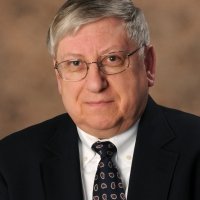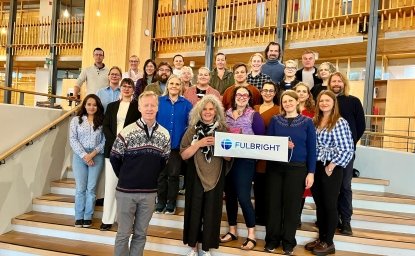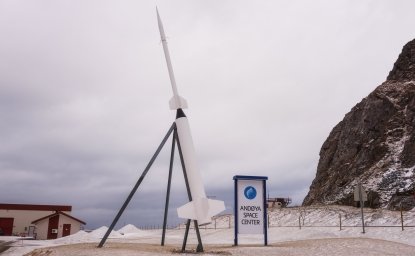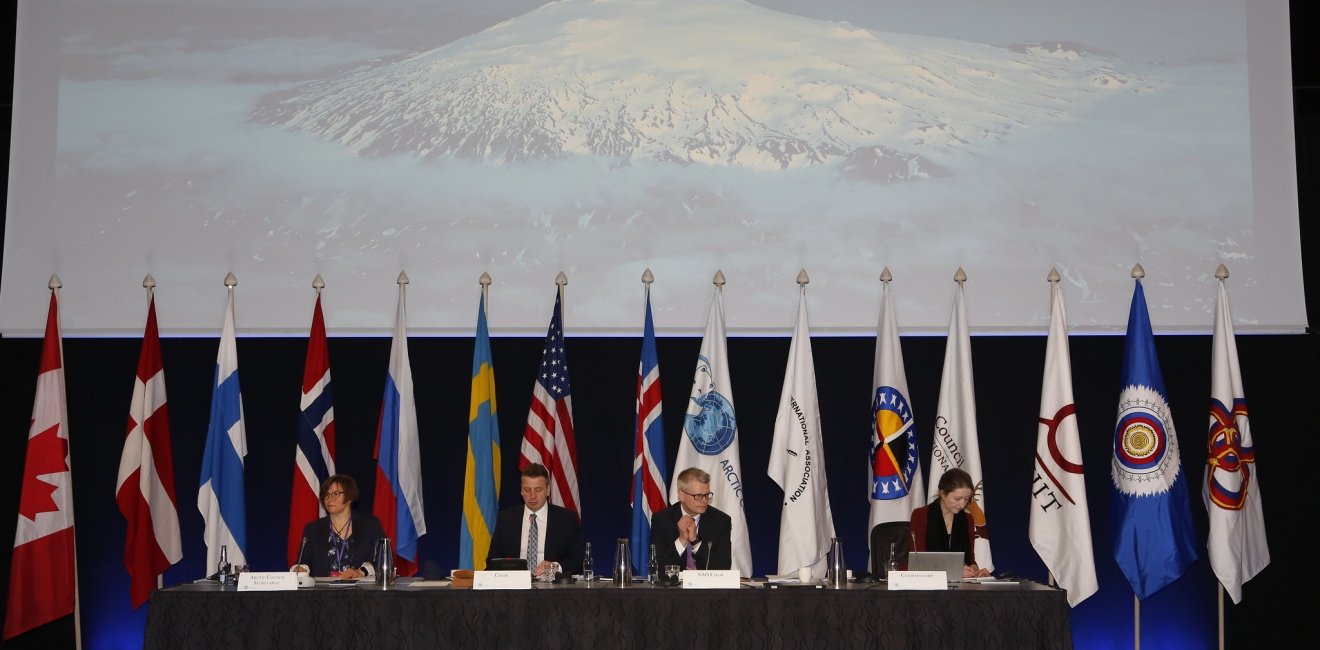
A blog of the Polar Institute
The Arctic Council Ministerial meeting in Reykjavik, Iceland on 20 May 2021 had a strong message for the globe: the Arctic is a peaceful and stable region of broad cooperation, and the eight Arctic states intend to keep it that way. The Arctic states also recognized they have the primary responsibility to address the many environmental, economic, social and political challenges ongoing in the region, most importantly those issues faced by its inhabitants. Notably, due to the ongoing pandemic, this Ministerial meeting had fewer participants with only small Arctic state delegations and several Permanent Participant representatives physically present in Reykjavik’s Harpa convention hall. The Council’s Working Groups and all observers, including non-Arctic states and organizations, joined remotely online. Thirteen non-Arctic state observers remain within the Arctic Council; no new observer states were added to the Council during the Reykjavik Ministerial.
On the occasion of the 25th Anniversary of the Arctic Council, the Council unveiled its first Strategic Plan 2021 to 2030, a plan under development for six years during the Icelandic, Finnish and U.S. Chairmanships. The plan has seven goals that are aligned under three broad themes: environmental protection; sustainable social and economic development; and strengthening the Arctic Council. The first two themes go to heart of the 1996 Ottawa Declaration; the third is new and recognizes that the Council must become a better communicator of Arctic science and issues within the Arctic region and, importantly, to a wider global audience. Strengthening the Council’s coordination mechanisms is key to its ability to respond to future challenges in a rapidly changing environment. Not surprisingly, climate change in the Arctic garnered priority attention as Strategic Goal 1. All the critical tasks are included: enhancing monitoring; encouraging compliance with the Paris Agreement; supporting stronger global mitigation efforts; making sure the ‘Arctic view’ (including Indigenous Peoples perspectives) is included in all venues addressing climate change; enhancing adaptation and resilience of Arctic communities; and promoting enhanced measures to reduce greenhouse gases and short-lived climate pollutants within and beyond the Arctic.
The Chairmanship of the Council smoothly transferred from Iceland to Russia, which was warmly welcomed as new Chair by statements from all the Arctic states and Permanent Participants. Russia’s Foreign Minister Sergey Lavrov vowed to keep up the Council’s spirit of cooperation and he reiterated the Council’s shared vision that the “Arctic is the territory of peace, stability and cooperation.” Military affairs are very rarely mentioned during Arctic Council meetings, but Minister Lavrov took the opportunity to reaffirm Russia’s position that multilateral dialogue among the senior military leaders of the Arctic states should resume. He did not suggest that military security issues be brought to the Council, but that the cooperative experiences of the Council should be replicated by the Arctic armed forces in their own respective venues. Minister Lavrov also briefly mentioned that Russia would support hosting an Arctic Summit of the Arctic states’ national leaders during its Chairmanship, if international conditions are appropriate. The idea for an Arctic Summit has been discussed during the past decade and several Council Chairs were poised to organize such a high profile venue. One of the challenges for holding such an historic gathering is agreeing on what Arctic issues (long-term and strategic) would be discussed that might differ from those already addressed by the foreign ministers. Many questions remain on what could be the overarching outcomes of a summit other than showcasing the importance and close cooperation ongoing at the top of the world.

Russia’s Arctic Council Chairmanship (2021-2023) program aligns very closely with the Council’s new Strategic Plan. Priority areas include: Arctic People, including Indigenous Peoples of the North; Environmental Protection, including Climate Change; Socio-Economic Development in the Region; and, Strengthening of the Arctic Council. Eleven thematic clusters or themes are spread among the four priority areas with a focus on responsible governance for the sustainable development of the Arctic. Notably the Russian Chairmanship calls for greater connectivity of the Council with the Arctic Economic Council, the Arctic Coast Guard Forum, the University of the Arctic, and other regional bodies addressing Arctic issues.
The narrative most of the world hears today is that tension, potential military conflict, and resource races dominate the Arctic. The message in Iceland led by the members of the Arctic Council stands in stark contrast by reminding everyone that the Arctic remains one of the most peaceful places on Earth. Certainly, the Arctic is an integral part of the global security arena as it has been for the past seven decades. Yet continued stability and close international cooperation are the cornerstones of a shared vision of the Arctic states. The challenge will be to keep these ‘two Arctics’ in the global conversation in perspective and continue a robust dialogue while remaining diligent and vigilant to all heightened security concerns, both regional and global. In this way the Arctic Council will remain at the forefront of international discourse about this region undergoing profound change.
Author

Fellow, Center for Arctic Study & Policy, U.S. Coast Guard Academy

Polar Institute
Since its inception in 2017, the Polar Institute has become a premier forum for discussion and policy analysis of Arctic and Antarctic issues, and is known in Washington, DC and elsewhere as the Arctic Public Square. The Institute holistically studies the central policy issues facing these regions—with an emphasis on Arctic governance, climate change, economic development, scientific research, security, and Indigenous communities—and communicates trusted analysis to policymakers and other stakeholders. Read more

Explore More in Polar Points
Browse Polar Points
Greenland’s New Governing Coalition Signals Consensus

Fulbright Arctic Initiative IV Scholar at the Polar Institute


